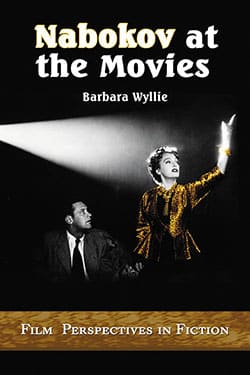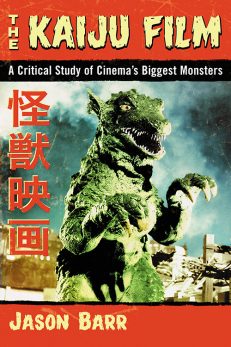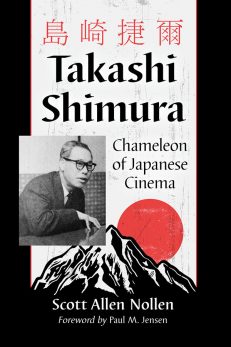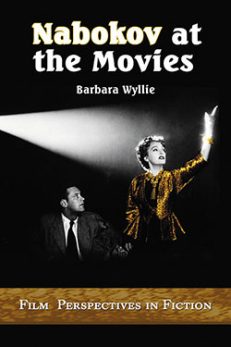Nabokov at the Movies
Film Perspectives in Fiction
$39.95
In stock
About the Book
Vladimir Nabokov claimed, speaking of Laughter in the Dark: “I wanted to write the entire book as if it were a film.” The relevance of film to the novelist’s art remains a preoccupying question in recent American fiction: writers must decide whether to acknowledge the medium that is a defining element of America’s collective unconscious and, if so, how to deploy it successfully toward a written work of fiction. In situating Nabokov within America’s literary and cinematic traditions, this book throws new light on Nabokov’s treatment of film in his work, focusing on major texts set against key developments in American film and fiction from the 1920s on.
Parallels are drawn with the cinematic fiction of American writers such as John Dos Passos and F. Scott Fitzgerald, whose treatment of film in literature can be compared to Nabokov’s Russian works. Major influences on Nabokov’s early Russian fiction include experimental German and Soviet film, while his later English work demonstrates an affinity with contemporary American fiction and film, from 1940s noir to the New Hollywood of the early ’70s. In order to create Lolita’s heroine, Nabokov had to acquaint himself with her world, a postwar America dominated by Hollywood; she appears as a femme fatale, fugitive moll, and screwball heroine. Van Veen, on the other hand, manipulates the cinematic mode as a narrative and representational tool, which in turn becomes integral to processes of memory and the imagination. A variety of works by Nabokov and others are explored, with particular emphasis on Laughter in the Dark, “The Assistant Producer,” Lolita, Ada, Transparent Things, as well as The Great Gatsby, The Big Sleep, The Moviegoer and American Psycho. Film stills, a detailed filmography and bibliography complete the book.
About the Author(s)
Bibliographic Details
Barbara Wyllie
Format: softcover (6 x 9)
Pages: 308
Bibliographic Info: photos, notes, filmography, bibliography, index
Copyright Date: 2003
pISBN: 978-0-7864-1638-7
Imprint: McFarland
Table of Contents
Acknowledgments vii
Preface 1
One — Nabokov and Film: Positive Versus Negative 3
Two — The Impact of German and Soviet Film on Nabokov’s Early Russian Fiction 11
Three — A Medium Invaded: Cinema and Cinematics in The Great Gatsby; King, Queen, Knave; and Laughter in the Dark 45
Four — A Common Vision? Traces of Noir in Nabokov’s Russian Fiction and American Writing of the 1930s 79
Five — Images of Terror and Desire: Lolita and the American Cinematic Experience, 1939–1952 123
Six — Dream Distortions: Film and Visual Deceit in “The Assistant Producer,” Bend Sinister and Ada 173
Seven — Altered Perspectives and Visual Disruption in Transparent Things and American Film of the Early 1970s 213
Eight — Shimmers on a Screen: Cinematic Hyper-reality in Recent American Fiction and Film 250
Notes 261
Filmography 275
Bibliography 281
Index 295
Book Reviews & Awards
“useful”—Communication Booknotes Quarterly; “detail[ed]…interesting…helpful and suggestive…many new insights”—Journal of American Studies; “thought-provoking…will be widely read and widely cited for years to come”—Slavic and East European Journal; “thorough examination of how Nabokov uses film within his fictions…Wyllie has made an unequivocally important contribution to an understanding of his subtle cinematic art”—Seer.





